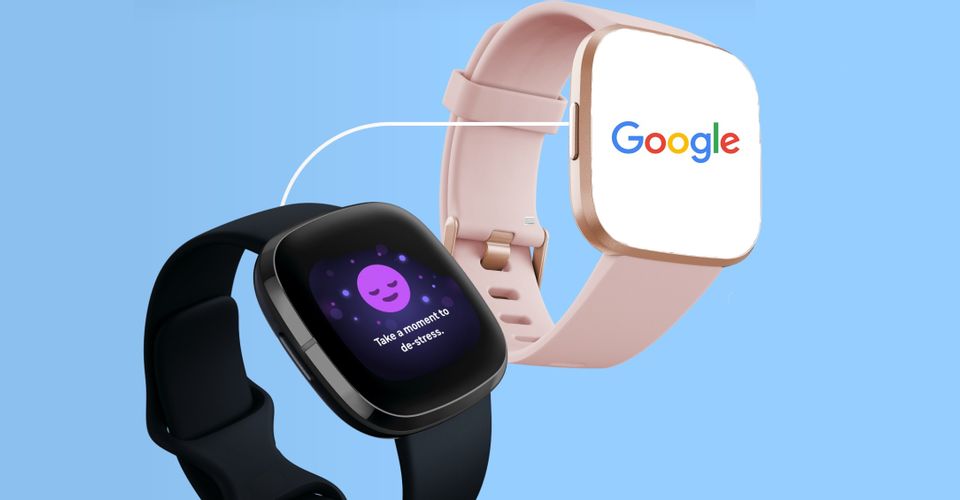Why Google Bought Fitbit & How Its Smartwatches & Trackers Might Change

Google recently confirmed that it has finally completed its acquisition of the wearable fitness giant Fitbit. It had been more than one year since Google first announced the planned acquisition of the brand and, now that the deal is done, some might be concerned about the future of the fitness-focused company. After all, Fitbit was the pioneer of the fitness tracker industry and enjoys a global community of users. On its own, Fitbit pushed the limits of what a wrist-worn fitness tracker could do, but now that it has access to Google’s wide-range of resources, it might be able to do even more in the future.
Fitbit was founded in 2007 by James Park and Eric Friedman, who dreamed about creating wearable devices that utilize sensors. In 2009, Fitbit launched its first device, known simply as the Fitbit. It was a wireless device that could be clipped onto clothing and was able to track the wearer’s movement, sleep, and the number of calories burned. Within a span of about ten years, Fitbit went from two entrepreneurs struggling to find investors to a multibillion-dollar company.
Back in November of 2019, Google paid $2.1 billion to acquire the well-known fitness tracking company. However, the deal has been subject to scrutiny, including probes into whether it could propel Google’s market position in advertising, if it choose to use the data Fitbit has accumulated to further personalize ads. Following the acquisition, Google now has access to data from as many as 28 million Fitbit customers. Recently, Fitbit and Google have both stated that user data won’t be used to target advertisements. In spite of this, and even though the deal has officially closed, the U.S. Department of Justice continues to investigate the purchase.
The Reasoning Behind Google’s Fitbit Purchase

This isn’t the first time Google has ventured into the smartwatch industry. In January of 2019, Google bought smartwatch technology from Fossil and even hired some of the engineers who created it. A move that led to speculation that Google would produce a Pixel Watch, although that has yet to happen. Google has a reputation for buying companies and absorbing their technologies, so questions on why Google acquired Fitbit are valid.
There are several reasons why it made sense for Google to buy Fitbit. Obviously, Fitbit will help boost Google’s presence in the wearable fitness market in general. Google does not produce fitness trackers or smartwatches, but the company does provide software for use on smartwatches. The acquisition is likely to enable Google and Fitbit to produce better products that support health and wellness needs, and could help drive Google’s efforts to compete with Apple in the fitness tracker market.
With the acquisition of Fitbit, Google’s goal is to make wearable health and wellness products more accessible to a larger audience. Pairing Google’s software and hardware with Fitbit’s technology and products is likely to help in that goal. According to Google, another goal of this purchase is to make health and wellness products more affordable which, if achieved, will be good news for consumers.
Sources: Google, Fitbit
About The Author
















